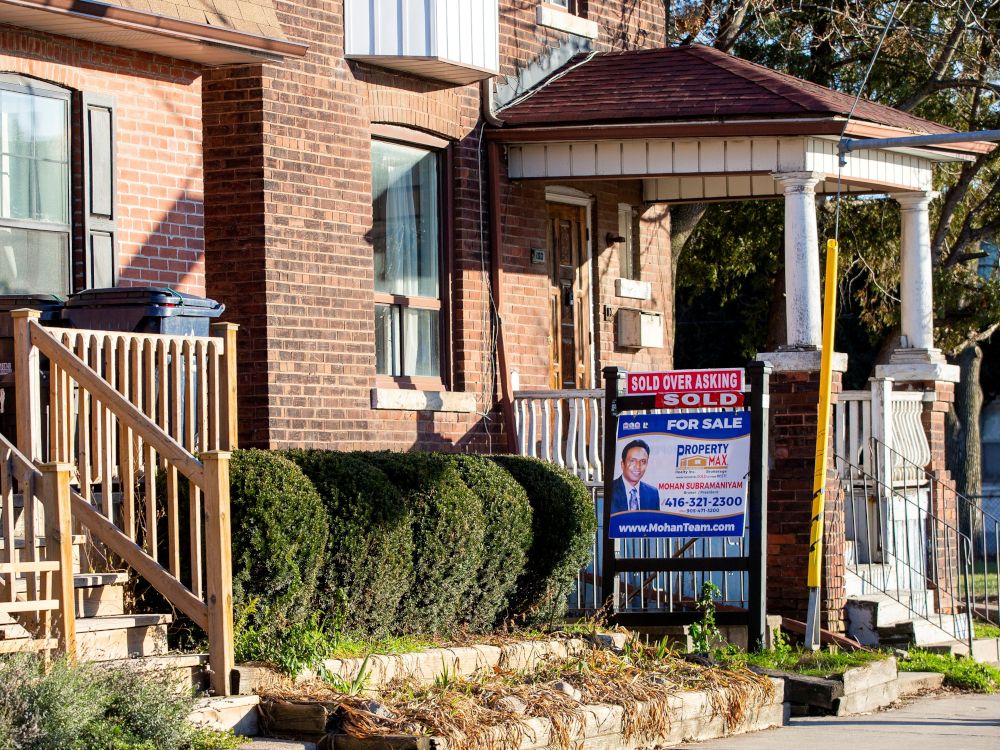ArmyRick
Army.ca Veteran
- Reaction score
- 2,338
- Points
- 1,010
On the number of people unemployed and jobs unfilled, a problem with the "reductionist thinking"
I know of many employers looking for people, but in areas where rent is stupid high (like stupider high than other areas). SO how does a person move to X, easily get employed but doesn't make much more than minimum wage and can't even pay rent? It doesn't work. At all.
Truth is, on housing, Canada fucked itself hard in the back end.
I have no idea why in gods green earth, we keep shoving all immigrants, refugees and border jumpers into heavily populated areas. Why? Making larger cities even more denser to me is stupid.
Somehow, there has to be a coordinated effort between all three levels of government and major corporate employers to
1. Get more people and businesses out of the large cities (sorry but not good for the environment, housing or anything);
2. Encourage more people and businesses to move to smaller towns (rebates? Grants? a pat on the back?); and
3. What the F ever is going with slowing down of housing, lets clear it up and get building already.
I don't have all the answers, hell I may be out to lunch. My observations are what I see happening to other people I know.
I know of many employers looking for people, but in areas where rent is stupid high (like stupider high than other areas). SO how does a person move to X, easily get employed but doesn't make much more than minimum wage and can't even pay rent? It doesn't work. At all.
Truth is, on housing, Canada fucked itself hard in the back end.
I have no idea why in gods green earth, we keep shoving all immigrants, refugees and border jumpers into heavily populated areas. Why? Making larger cities even more denser to me is stupid.
Somehow, there has to be a coordinated effort between all three levels of government and major corporate employers to
1. Get more people and businesses out of the large cities (sorry but not good for the environment, housing or anything);
2. Encourage more people and businesses to move to smaller towns (rebates? Grants? a pat on the back?); and
3. What the F ever is going with slowing down of housing, lets clear it up and get building already.
I don't have all the answers, hell I may be out to lunch. My observations are what I see happening to other people I know.




